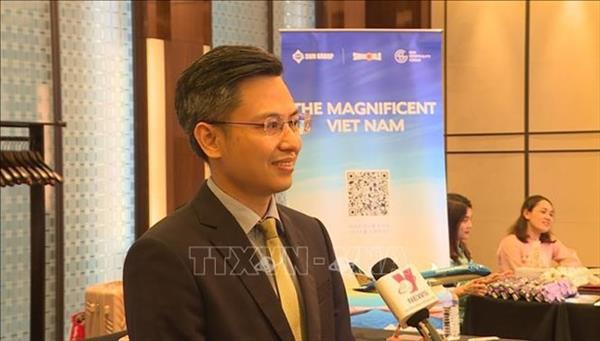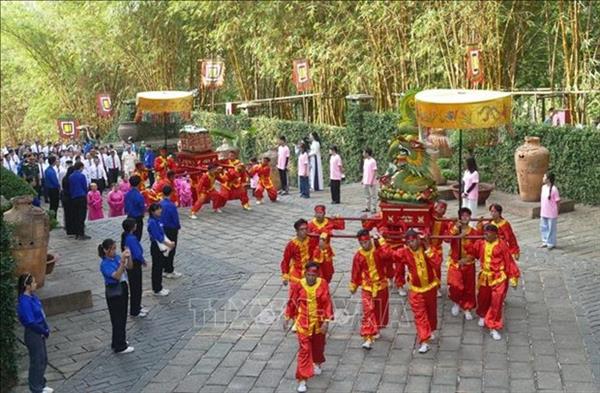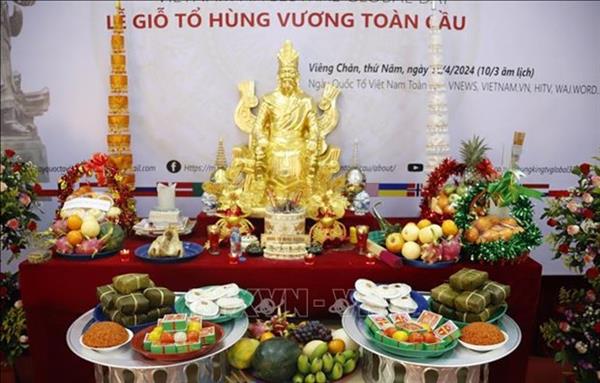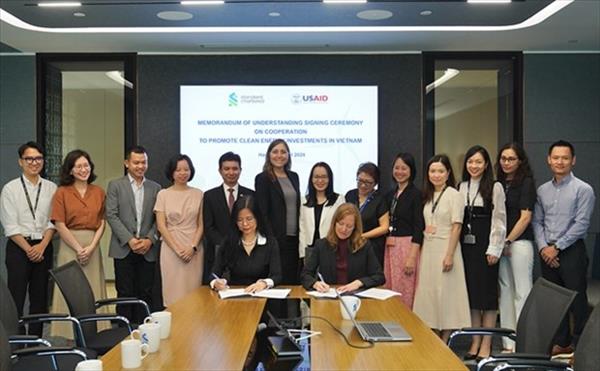Hanoi (VNA) – Vietnam has become a spotlight in the global tourism map thanks to the country’s extensive and intensive integration in the Association of Southeast Asian Nations (ASEAN), an official said.
Director General of the Vietnam National Administration of Tourism (VNAT) Nguyen Van Tuan cited Ha Long Bay (northern Quang Ninh province), Hoi An ancient town (central Quang Nam province), Nha Trang resort city (central Khanh Hoa province), Sa Pa (northern mountainous province of Lao Cai), Da Nang, Hanoi and Ho Chi Minh City as well-known destinations in Vietnam.
Additionally, Trang An Complex in northern Ninh Binh province, the Mekong Delta region, the northern province of Ha Giang and Phu Quoc island district in the southern province of Kien Giang have become more popular, he said.
Vietnam was selected by the UK magazine Telegraph as one of the 20 must-see destinations in the world in 2015, he noted, adding that while Hanoi and Da Nang were chosen as two of the top 10 most attractive places in Asia, Ha Long Bay and Son Doong Cave were among the 10 most impressive destinations by the global magazine Global Grasshopper.
Legal documents and policies on tourism development and visa relaxation have facilitated travel in ASEAN, he said, noting that the transparent and favourable investment climate in Vietnam, along with better coordination among sectors, has met regional integration requirements.
Tuan said ASEAN integration has helped connect the Vietnamese tourism market with that of the region and the world.
Deputy Director of the Vietnam National Administration of Tourism (VNAT)’s International Cooperation Department Tran Phu Cuong said Vietnam started to study ASEAN cooperation mechanisms in the late 1990s after official engagement in the bloc in 1995.
Inn 2009, Vietnam hosted the ASEAN Tourism Forum (ATF) - the biggest event in the ASEAN tourism year.
Vietnam has created 130 tourism products and connected at least two countries in ASEAN to develop tourism products based on the nature, community, culture and heritage via cruises and waterway tours.
The nation also implemented the ASEAN tourism marketing strategy in 2011 and 2015 with the theme “ Southeast Asia – Feel the Warmth”.
Cuong said Vietnam has fulfilled its role as head of the bloc’s Tourism Marketing and Communication Working Group (MCWG) in 2013 and 2014, and it currently acts as deputy head of the tourism service quality group.
The country is also responsible for coordinating the development of waterway tourism products and the implementation of the technical assistance project to promote tourism in the Mekong River – which is supported by the UK World Tourism Organisation (UNWTO).
The regional integration is a major turning point for ASEAN member countries that bring enormous opportunities and challenges for each nation, he said.
In 2012, the VNAT set up a tourism cooperation group to increase coordination between relevant agencies. The agency has also carried out projects to study and evaluate human resources and improve capacity to implement the Mutual Recognition Agreement on Tourism Professionals (MRA – TP) and increase cooperation in the ASEAN Economic Community (AEC) on tourism.
With a population of over 500, ASEAN tourism markets contribute bring in about 20 percent of Vietnam’s tourists. Some countries like Thailand, Singapore and Malaysia serve as significant gateways to bring foreign visitors to Vietnam.
The multinational cooperation has helped increase the prestige of Vietnamese tourism in the region and enabled the country to access to valuable experience and lessons on tourism development, he said.
The realisation of the MRA – TP, signed in 2009, creates an opportunity for the tourism sector to develop human resources and facilitate labour mobility, he added.
Director General of the Vietnam National Administration of Tourism (VNAT) Nguyen Van Tuan cited Ha Long Bay (northern Quang Ninh province), Hoi An ancient town (central Quang Nam province), Nha Trang resort city (central Khanh Hoa province), Sa Pa (northern mountainous province of Lao Cai), Da Nang, Hanoi and Ho Chi Minh City as well-known destinations in Vietnam.
Additionally, Trang An Complex in northern Ninh Binh province, the Mekong Delta region, the northern province of Ha Giang and Phu Quoc island district in the southern province of Kien Giang have become more popular, he said.
Vietnam was selected by the UK magazine Telegraph as one of the 20 must-see destinations in the world in 2015, he noted, adding that while Hanoi and Da Nang were chosen as two of the top 10 most attractive places in Asia, Ha Long Bay and Son Doong Cave were among the 10 most impressive destinations by the global magazine Global Grasshopper.
Legal documents and policies on tourism development and visa relaxation have facilitated travel in ASEAN, he said, noting that the transparent and favourable investment climate in Vietnam, along with better coordination among sectors, has met regional integration requirements.
Tuan said ASEAN integration has helped connect the Vietnamese tourism market with that of the region and the world.
Deputy Director of the Vietnam National Administration of Tourism (VNAT)’s International Cooperation Department Tran Phu Cuong said Vietnam started to study ASEAN cooperation mechanisms in the late 1990s after official engagement in the bloc in 1995.
Inn 2009, Vietnam hosted the ASEAN Tourism Forum (ATF) - the biggest event in the ASEAN tourism year.
Vietnam has created 130 tourism products and connected at least two countries in ASEAN to develop tourism products based on the nature, community, culture and heritage via cruises and waterway tours.
The nation also implemented the ASEAN tourism marketing strategy in 2011 and 2015 with the theme “ Southeast Asia – Feel the Warmth”.
Cuong said Vietnam has fulfilled its role as head of the bloc’s Tourism Marketing and Communication Working Group (MCWG) in 2013 and 2014, and it currently acts as deputy head of the tourism service quality group.
The country is also responsible for coordinating the development of waterway tourism products and the implementation of the technical assistance project to promote tourism in the Mekong River – which is supported by the UK World Tourism Organisation (UNWTO).
The regional integration is a major turning point for ASEAN member countries that bring enormous opportunities and challenges for each nation, he said.
In 2012, the VNAT set up a tourism cooperation group to increase coordination between relevant agencies. The agency has also carried out projects to study and evaluate human resources and improve capacity to implement the Mutual Recognition Agreement on Tourism Professionals (MRA – TP) and increase cooperation in the ASEAN Economic Community (AEC) on tourism.
With a population of over 500, ASEAN tourism markets contribute bring in about 20 percent of Vietnam’s tourists. Some countries like Thailand, Singapore and Malaysia serve as significant gateways to bring foreign visitors to Vietnam.
The multinational cooperation has helped increase the prestige of Vietnamese tourism in the region and enabled the country to access to valuable experience and lessons on tourism development, he said.
The realisation of the MRA – TP, signed in 2009, creates an opportunity for the tourism sector to develop human resources and facilitate labour mobility, he added.
VNA/VNP

















